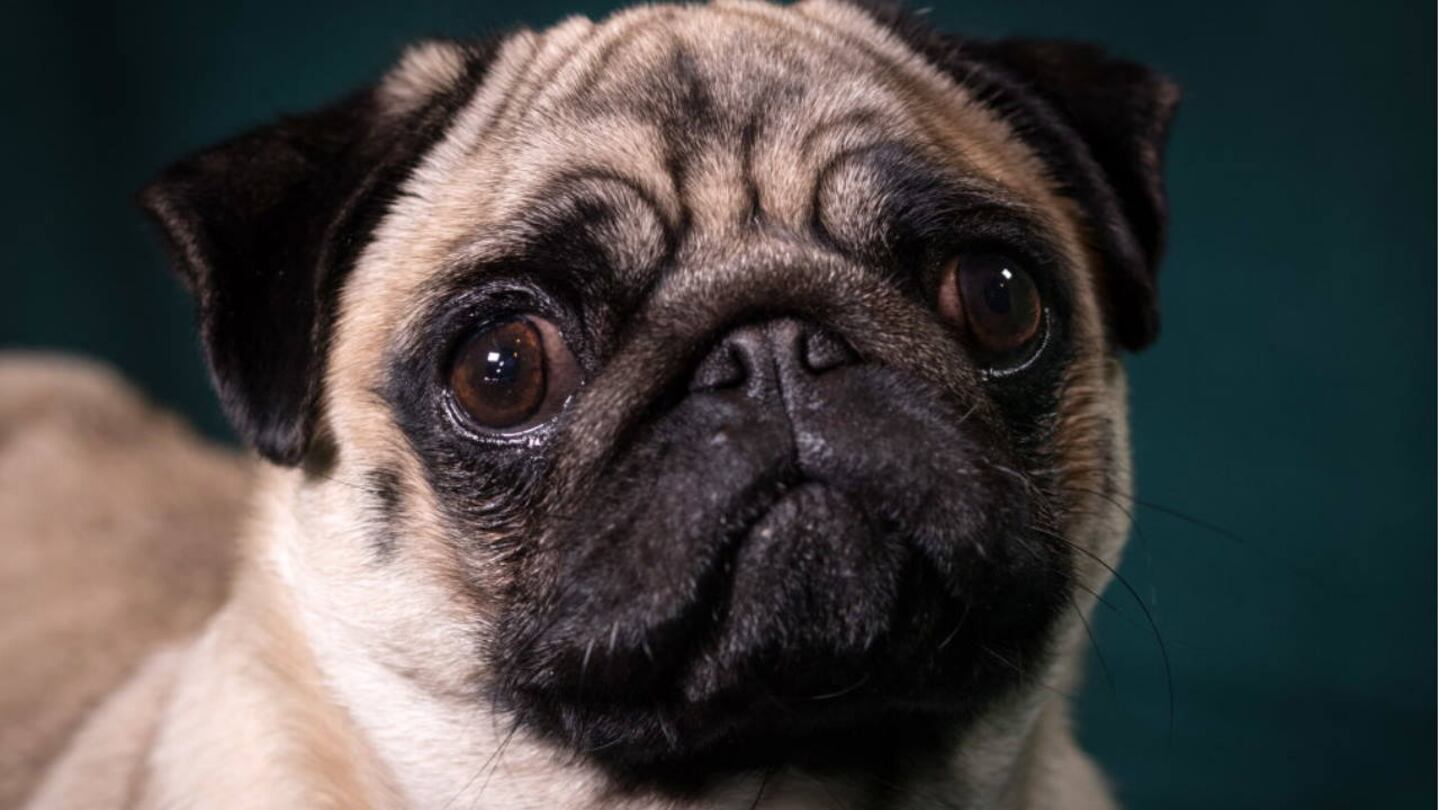CHAPEL HILL, N.C. — A pet dog of a North Carolina family, taking part in a study at Duke University, tested positive for the coronavirus, researchers said. The pug, named Winston, is apparently the first canine in the United States to test positive for the virus that causes COVID-19.
>> Coronavirus: 2 cats in New York state test positive, federal officials confirm
Three members of the McLean family have tested positive for the coronavirus, WRAL reported. During the study, the family had their four pets tested and discovered Winston had the coronavirus, the television station reported.
Check out Winston! This pug & his family live in Chapel Hill. Tonight we learned he tested positive for coronavirus. Duke researchers said to their knowledge, this is the first instance in which the virus has been detected in a dog. Tune in at 11 on @WRAL to see how he’s doing! pic.twitter.com/1iXdeFZPMm
— WRAL Kirsten Gutierrez (@WRALKirsten) April 28, 2020
Chris Woods, the principal investigator for the Duke study, confirmed in a statement to CBS News that, “To our knowledge, this is the first instance in which the virus has been detected in a dog. Little additional information is known at this time as we work to learn more about the exposure.”
The positive test comes nearly a week after two pet cats in New York state tested positive for coronavirus, marking the first confirmed cases of companion animals in the United States. Earlier this month, a tiger tested positive at the Bronx Zoo in New York City.
>> Coronavirus: Tiger at Bronx Zoo tests positive for virus
Heather McLean, a pediatrician at Duke, told WRAL that Winston was experiencing mild symptoms.
“Pugs are a little unusual in that they cough and sneeze in a very strange way,” McLean told WRAL. “So it almost seems like he was gagging, and there was one day when he didn’t want to eat his breakfast, and if you know pugs you know they love to eat, so that seemed very unusual.”
“(The dog) licks all of our dinner plates and sleeps in my mom’s bed, and we’re the ones who put our faces into his face," McLean’s son, Ben McLean, told the television station. “So, it makes sense that he got (coronavirus).”
>> Coronavirus checklist: 100-plus disinfectants that may kill coronavirus on surfaces
The McLeans have four pets: two dogs, a cat and a lizard. The lizard was not tested, CBS News reported.
The family participated in the Molecular and Epidemiological Study of Suspected Infection (MESSI) research study April 1, WRAL reported.
“They all came out to our house and did blood samples," Heather McLean told the television station. "For the humans, they swabbed our noses as well as our mouths, and for the animals they did oral swabs for both dogs and the cat.”
>> Coronavirus symptoms: What you need to know
Heather McLean’s daughter, Sydney, was the only family member not to test positive, WRAL reported. Samuel McLean, the family’s father, works in the emergency room at UNC Hospitals.
Family members said Winston appears to be recovering after being sick for a few days.
“Hopefully we’ll learn more through the research study, and I think because there’s not a lot of studies and sampling pets, we just don’t know yet," Heather McLean told WRAL. “My advice is just not to get too worried about it.”
>> Coronavirus: Know the facts directly from the CDC
Ben McLean agreed.
“There may be more animals that have coronavirus, there just isn’t any testing," he told CBS News. “Obviously those tests should be going to people rather than pets, but because we were part of a research study, we found out about Winston.
”However, people should not worry about their pets getting sick and dying from this disease. There remains little evidence that it is very harmful to them.”
>> Coronavirus: Can the government make you stay home if you are sick?






